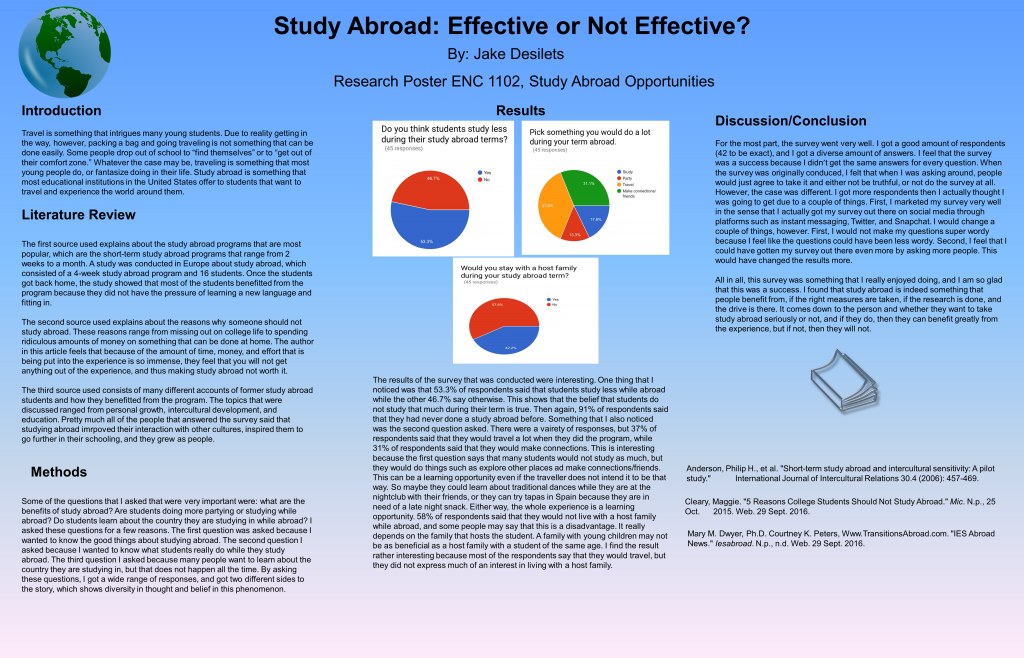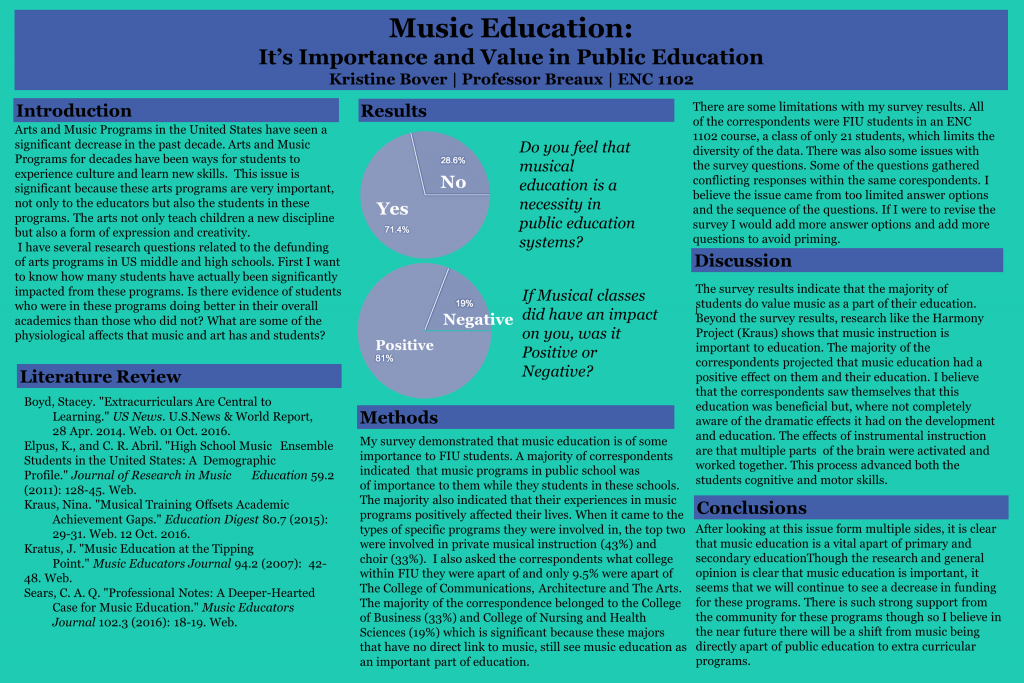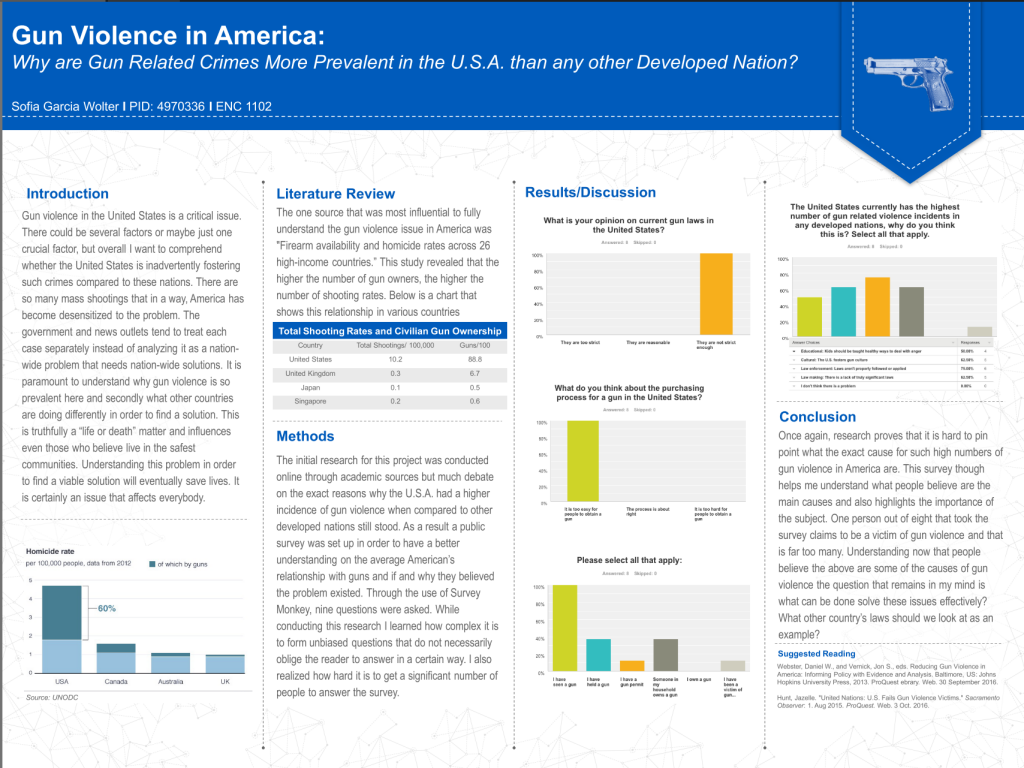Part I
Beyond Multimodality
- Many low-income families struggle with reliable internet access.
- Low-income students are asked to use tech in really limited ways (format).
- Students in wealthy school districts use tech as a creative tool (portfolios).
- Tech-rich environments don’t equate to use.
- Multi-modal writing is often understood as writing + (images, video, blogs)
- Teaching transformative media is a social justice issue.
- We already have transformative media in our curriculum.
Part II
What Makes Good Media?
Consider the following examples of viral media:
Takeaways:
- These are all terrible! Yet, they are enormously successful new media artifacts
- Rhetorically successful media is often not “correct” media (we make this distinction in writing as well)
- Rhetorical velocity (Ridolfo and DeVoss 2009) is the speed at which artifacts are re-purposed and re-interpreted in networked communication (this leads to bad media being good media and leads to viral-ness)
- So how do we grade this stuff (especially when student artifacts can be less than stellar in quality)?
Part III
From Product to Process
What are the habits of successful writers?
- Thinking about composing as a rhetorically situated act (audience, purpose, genre)
- Seeking input from faculty and peers
- Providing assistance to peers (being pro-social content creators)
- Approaching the project early and often, experimenting, iterating (not doing it the night before!)
These are also the habits of successful media producers!
How can we formally assess these habits?
- Contract grading (Elbow and Danielewicz 2008)
- Elbow and Danielewicz created a contract that guaranteed students a B in a course if they did all of the following:
1. attend class regularly—not missing more than a week’s worth of classes;
2. meet due dates and writing criteria for all major assignments;
3. participate in all in-class exercises and activities;
4. complete all informal, low stakes writing assignments (e.g. journal writing or discussion-board writing);
5. give thoughtful peer feedback during class workshops and work faithfully with your group on other collaborative tasks (e.g., sharing papers, commenting on drafts, peer editing, on-line discussion boards, answering peer questions);
6. sustain effort and investment on each draft of all papers;
7. make substantive revisions when the assignment is to revise—extending or changing the thinking or organization—not just editing or touching up;
They note some general observations of why contracts a good thing:
- When students work the contract, their writing improves
- The contract acknowledges that behavior is linked to good writing
- Contracts de-couple evaluation from grades
- The quality of a piece is less valuable than the practices that created it
Adapting Contract Grading for Media Projects
I assign a video blog (vlog) in my 1101 courses instead of a narrative assignment. The following is excerpted from the assignment sheet:
| Components | Purpose |
| Length
|
About 10 minutes (enough to fully narrate a day) |
| Multimedia
|
Use music/text for effective transitions |
| Editing
|
Avoid over-editing, check sound levels |
| Scope
|
Clearly depicts one day or event |
| Dynamism
|
Contains lots of movement, not just speaking to a camera |
| Content | Boring, every day, suitable for a vlog
|
Outcomes
- Compose to achieve varying purposes and to engage different audiences
- Employ effective persuasive appeals
- Further your rhetorical vocabulary for understanding and talking about composed text in a variety of media,
Assessment
This is an unfamiliar genre for many students. In order to provide a learning opportunity, I will assess this assignment using a contract model. If you present a vlog with each of the components above, you are guaranteed a B on the assignment. I will reserve A grades for students that go above and beyond presenting the categories to engage in a rhetorical, recursive design process. Any vlogs lacking the above components will be assigned grades less than a B.
Advantages of a Contract
- Encourages experimentation, provides a safety net
- Allows failure without failing the course
- Provides opportunity for buy-in
- Makes grading easier!
Building a Contract
- Choose the rhetorical principles that would make a successful assignment (collaboratively, digital assignments need this)
- Create a B threshold
- Provide plenty of examples if possible (with grades)
General Tips
- Digital composing is composing is composing
- Weight digital assignments appropriately
- Don’t provide tech support (we are encouraging bad behavior!)
- Keep detailed notes
Part IV
Some Examples and Discussion
What media assignments have you launched in your classes? What are some of the difficulties you have encountered? What are some possibilities for media work in our courses?
Part V
Resources
- Available at digitalwritingstudio.fiu.edu (under multimodal assignment resources
- Topics include: blogs, video blogs, scientific posters, eportfolios


